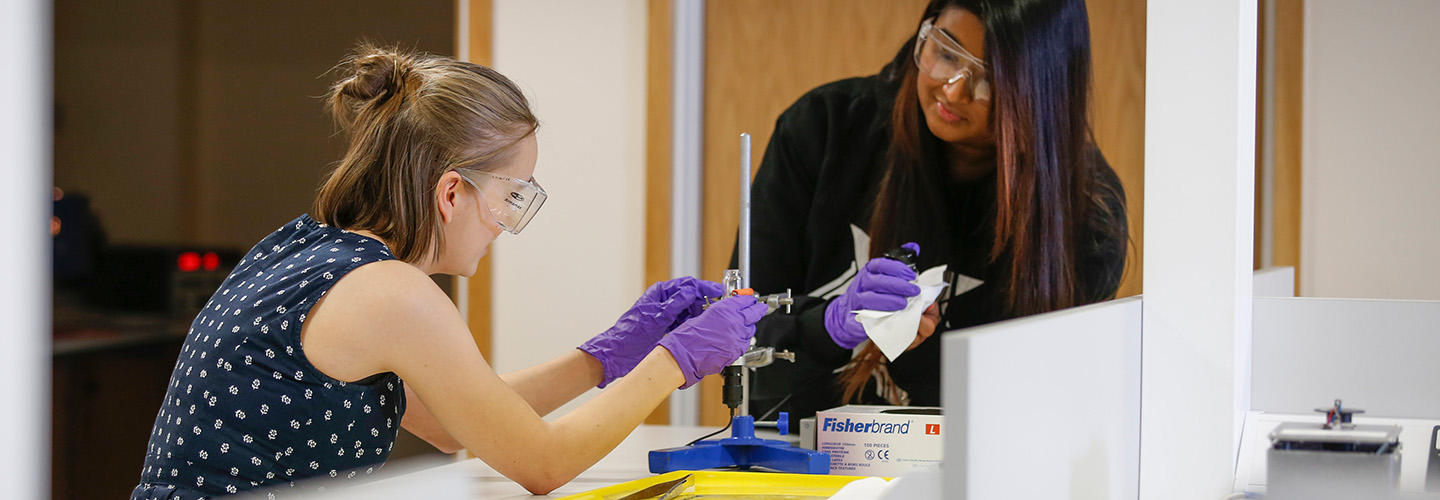BSc (Hons) Physics
£2,000 scholarship available with the ‘Mathematics and Physics’ scholarship.
Key information
-
Typical offer:
Entry requirements -
Fees: See below
Full details -
UCAS code: F300
-
Institute code: H36
-
Study abroad option
-
Work placement option
Find out more
Why choose this course?
- 2nd in the East of England for physics and astronomy (Complete University Guide, 2024)
- One of the best equipped and largest teaching observatories in the country
- New modules include a Machine Learning option
Our degree in physics enables you to study the fundamental theories behind physics and their application to modern-day research and technology. We will take you from the knowledge that you have gained in your school or college studies to the most up-to-date developments.
The first year is common to all of our physics and astrophysics degrees, both the BSc and MPhys. Transfers between degree paths are therefore possible. You will study classical physics, astrophysics, special relativity and quantum physics. Our Experimental Physics and Computational Modelling modules will equip you with vital skills. The two mathematics modules are shared with our BSc Mathematics and provide rigorous mathematics training. Within these modules, you will do practical work at our astronomical observatory in Bayfordbury as well as experiments in the lab.
There are opportunities to do practical work at our Bayfordbury observatory in all years. With seven large optical telescopes, four radio telescopes including interferometry, a solar telescope and an atmospheric remote sensing platform, it is one of the best-equipped teaching observatories in the country.
During your second year, you go into depths of core concepts in physics in our Electrodynamics, Thermodynamics, Optics and Lasers and Quantum Mechanics modules. Two more mathematically oriented modules complete your compulsory mathematical training. You also begin to specialise either in more experimental or applied physics or more theoretical and mathematical concepts. This is supported by a range of optional modules that currently include Introduction to Machine Learning and Neural Networks, Extra-solar Planets, Plasma Physics and Fusion Reactors and Differential Equations.
The third year completes your core physics education with Condensed States of Matter, The Physics of Elementary Particles, Geophysical Fluid Dynamics and Lagrangian Dynamics, as well as the Computational Physics module where you apply knowledge acquired in other modules to physics case studies. You also can choose from a range of options, currently including Nonlinear Systems and Star Formation and Evolution.
You will also carry out a final year investigative project in a cutting-edge area of physics research. You will be closely supervised and guided by one of our experienced researchers in one of our research centres or groups, including the Centre for Atmospheric and Climate Physics Research, the Centre for Astrophysics Research and the Mathematical and Theoretical Physics group. Previous projects have included designing a calibration system for airborne ice sensors, modelling the behaviour of soliton waves in the oceans, and examining quantum dynamics using topological methods.
It is possible to continue for a fourth year on to an MPhys degree.
What's the course about?
Explore the fundamental theories of physics and gain the skills to understand the world in terms of forces and particles in small or complex systems. During this fascinating physics degree, you’ll learn to comprehend everything from the microscopic quantum world to the earth’s atmospheric and ocean systems and outer space. The course is informed by our internationally excellent and world-leading physics research, which covers areas such as the microphysics of air quality, atmospheric physics, light scattering, climate physics, astrophysics and mathematical physics. You’ll also have the option of spending a year working in industry or at a research institution. Study abroad opportunities are available at universities in Europe, Australia and the USA.
Your main campus is College Lane
This is where the creative arts, science and health-related subjects are based. This means you’ll share the campus with future nurses, scientists, artists and more. You can use the cafe and lounge areas in our brand-new building to relax with friends, work out in the 24-hour gym or have a drink in our on-campus pub or cafes. We also have restaurants for you to eat in or grab something on the go. Our Learning Resources Centres are open 24/7, which means you can study whenever suits you best. Want to pop over to the other campus? You can take the free shuttle bus or walk there in just 15 minutes.
New School of Physics, Engineering and Computer Science building now open
Learn in our new state-of-the-art building science building called Spectra, featuring a variety of interactive learning spaces. Benefit from two brand-new physics teaching labs.
Spectra is home to the Centre for Climate Change Research and the Wolfson Centre for Biodetection and Instrumentation Research, which have both been created in response to the most pressing global challenges. You will also benefit from our Academic Support Hub, which is aimed at helping you build your employability and academic skills. Plus, have access to industry mentors who will provide you with pastoral support, vocational guidance and career progression opportunities.
Spectra will also provide space to collaborate, with plenty of workshops, social and meeting spaces available. Even better, the building has been designed with the University’s net zero carbon target in mind, and forms part of our plan to replace or upgrade older sites that are energy inefficient.
What will I study?
We take pride in our student-focused approach to teaching Physics. With one of the best student-staff ratios in the country we are able to put our focus on you as an individual and give you the support that you need to reach your full potential as a Physics graduate. Our graduates are in a wide range of careers, from scientific research to teaching and industry.
We use a variety of teaching methods during our Physics degrees, ranging from small-group tutorials, to lectures and practical classes. Our typical intake of students is around 50-60 in each year, which means that our class sizes are small enough so that your lecturers will know you by name. We place particular emphasis on transferable skills, employability and project work throughout the degree.
You will meet your personal tutor on a regular basis in small-group tutorials, which are a great way of reinforcing the material that you learn in lectures. We also offer a wide variety of support throughout your degree, from your year tutor, who offers and coordinates pastoral support, your lecturers, tutors, including individual 1:1 support sessions with dedicated physics tutors where needed, the School’s Maths Support Centre and peer support from our student proctor scheme.
As part of my studies at the University of Hertfordshire I opted to take a placement year at the Rutherford Appleton Laboratory where I had to learn new skills on the job, working to precision, provide excellent customer service and liaising with other members of a multidisciplinary team. Most of the research at the laboratory was geared up towards laser-driven nuclear fusion, and I was able to work on one of the lasers; the Vulcan.
I have just graduated with first class honours in BSc Physics from the University of Hertfordshire and got accepted onto a graduate scheme with Frank Hirth PLC; a UK/US tax advisory firm in London. I keep the science ticking over in the background and plan on returning to it from a career perspective at some point in the future.
Check out our student blogs
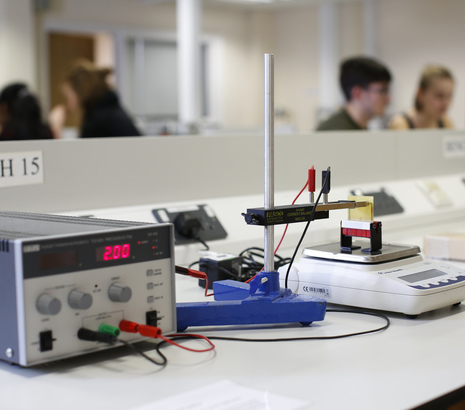
Student Blogs
Haram - Week at a glance
My week at a glance
The start of the week for me is late in the day since my first lecture is usually in the afternoon. This however, works out very well for me since it’s hard to quickly pick up my momentum after a weekend of meeting up and chilling out with friends. Therefore, Monday calls for a late breakfast with at least one of my flatmates in the kitchen that I share with seven other lovely girls. Then I walk to my lectures which are usually back to back three or four hours of different modules, so I get done early in the day. All lectures done, my friends and I go to the Learning Resource Centre (LRC) to do our week’s tutorial questions together or look over any doubts we might have left from last week. After a couple of hours we tend to walk down to the forum or one of the accommodation common rooms to play pool or table tennis.
Tuesday is usually my lab day, so I meet up with my designated partner and go over the experiment and the pre-lab questions before attending the lab session. These last three hours so I usually go back to my flat after to talk a nap before analysing the data and writing out the lab report.
Wednesdays are off-days for most of the students at Herts because this is the day most active student sessions are run. Therefore, Wednesday starts with me going to my favourite badminton session and usually ends with some progress towards my course work deadlines for the month.
Thursday and Fridays are usually just lecture and tutorial days with a couple of hours on each day spent in the LRC looking for resources to help with my course work and then playing pool/going to the forum to relax . At Herts, I have found that it is extremely easy to balance my university workload and my social life.

Student Blogs
Haram - Things you should know
Things you need to know before studying Physics at Herts
Physics as an undergraduate subject, according to my many hours of Google searches, is quite a confusing choice for most people as it was for me. It’s not the traditional “safe” subject compared to degree that has a designated career path. While a lot of people made it seem like that might be a terrible thing, choosing to study physics at university has been the best decision I have made. I do admit that I was extremely nervous about the decision at first which encouraged me to talk to someone in CareerHub that referred me to the physics, astronomy and mathematics (PAM) career advisor. She showed me an extensive list of careers that I can pursue as a physics student at Herts. Physics undergraduate here includes modules involving maths, astrophysics and programming which train you to do any jobs from medical physics to jobs in banks.
Academically speaking the first year of the physics degree at Herts starts at the very fundamental with all the lecturers ready to explain and re-explain the basics. I never felt like I was falling behind although I do believe that taking physics at A-Level helped me a great deal and let me focus more properly on moving to a whole different country and fitting in.

Student Blogs
Haram - Why I chose Herts
Why I chose Herts
As an international student here at the University of Hertfordshire the main thing that attracted me was the convenience of my accommodation being so close to my lectures. Not only that, but it was also the best of both world situation for me, since its only 20 minutes from Hatfield to king’s cross station so I was able to explore London as if I were living there. I am a Physics student here which meant with the right training I got to have access to the Bayfordbury observatory and being able to use those telescopes and be able to develop my own pictures of galaxies and whatnot has been a dream come true. I also get to do all sorts of practical lab work and apply everything I learn in lectures, just as a theory to in real-life situations, which makes the degree interesting and clear.
One of the other main things I noticed when I came here was the Learning Resource Centre (LRC) was huge and had all the recourses needed. There are several types of study rooms, whether you want to study with your mates or just by yourself, the LRC has a whole silent study floor dedicated to it.
Moving away from academics, the University offers extra-curricular activities for everyone. From regular weekly active student session to Big Wednesday forum parties there is something for everyone.
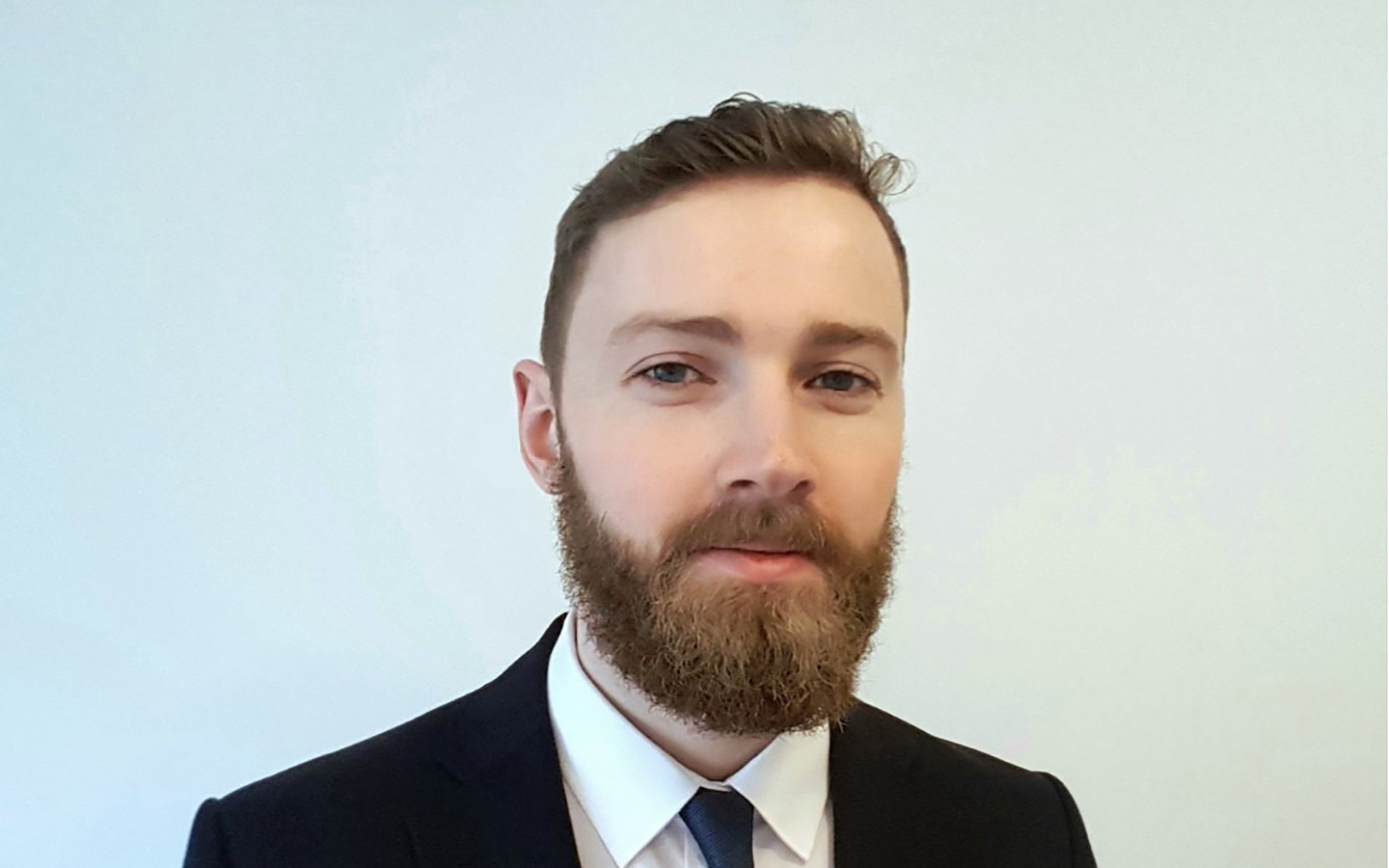
Alumni Stories
Jordan Skilling
Meet Jordan Skilling whose Physics degree took him on an unexpected journey into the financial sector. Jordan is now a Commodities Trade Support Analyst for Morgan Stanley.
Read more stories BSc (Hons) Physics| Current role | Commodities Trade Support Analyst |
|---|---|
| Year of graduation | 2014 |
| Course of study | BSc (Hons) Physics |
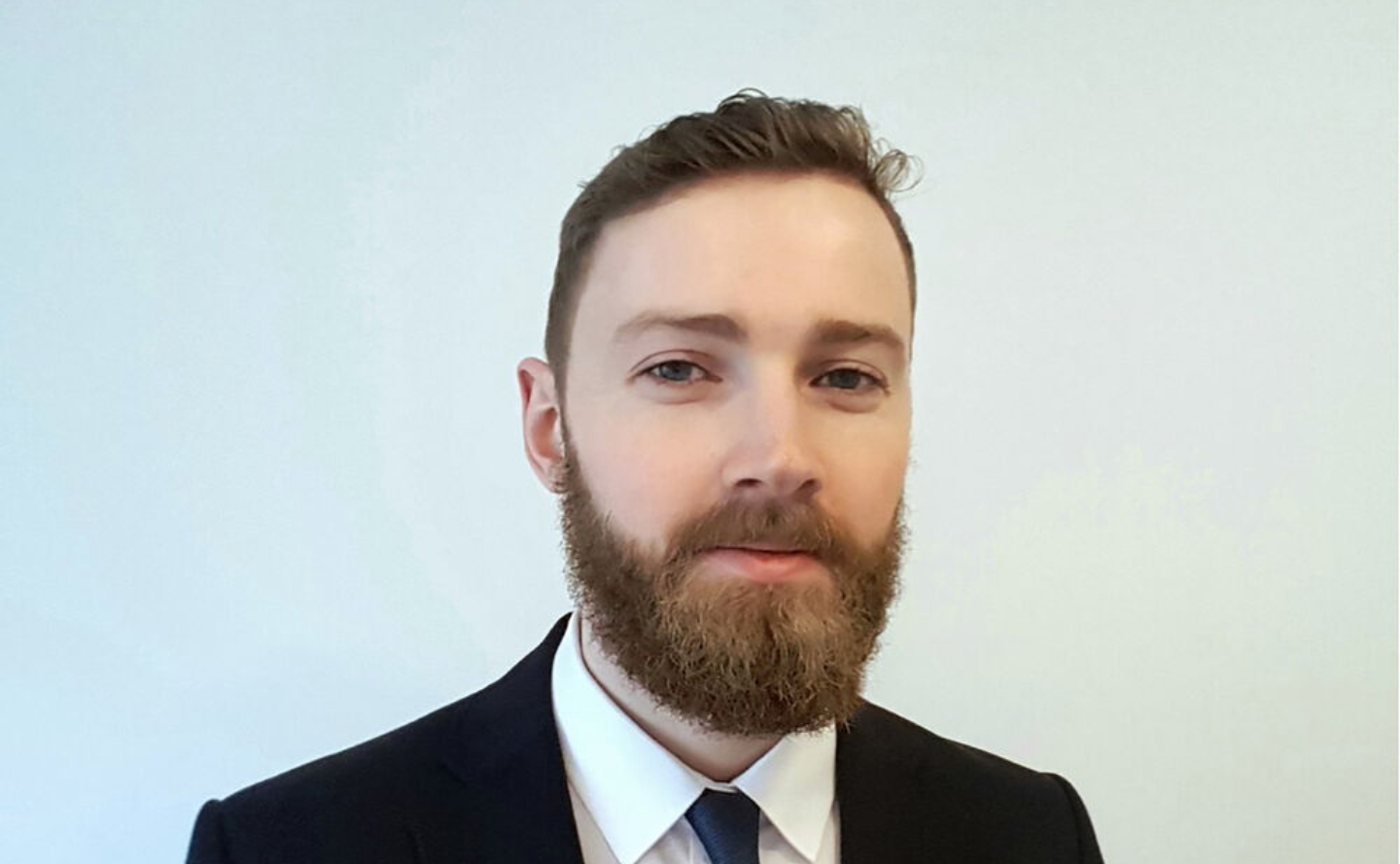
University experience
Going to university gave Jordan the chance to study his favourite subject area and see where it took him. While he was interested in both Astrophysics and Physics, at the University of Hertfordshire he knew he would have access to one of the largest teaching observatories in the country, Bayfordbury Observatory. This was ‘a major plus’ when Jordan was making his university choices.
He decided to study Physics, but also developed a keen interest in Mathematics. He learnt to grapple with abstract ideas and make accurate and clear summaries of his thoughts. Jordan tells us how the logical thinking skills he developed at university helped him to ‘handle life in investment banking.' Furthermore, he liked the social side of student life. He was involved in societies and remembers ‘many funny days, laughing with housemates.'
Career progression
After graduating, Jordan landed a job with Merrill Lynch in Chester. It involved supporting the sales and trading desks in Singapore, London and New York. Jordan recommends new graduates consider starting out in a company’s off-site location as it’s a ‘fantastic way of getting your foot in the door, giving you the opportunity to learn a wide range of processes’. This experience was beneficial when Jordan later moved to London to become a Commodities Trade Support Analyst for Morgan Stanley.
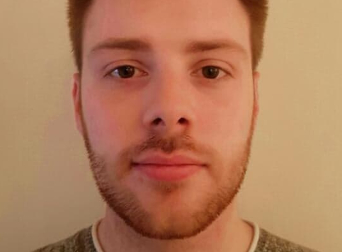
Alumni Stories
Thomas Owen
Meet Thomas Owen who discovered his passion for analytics while at university. He is currently a Sales and Capacity Planner at Ocado.
Read more stories BSc (Hons) Physics| Current job role | Sales and Capacity Planner |
|---|---|
| Year of graduation | 2015 |
| Course of study | BSc (Hons) Physics |
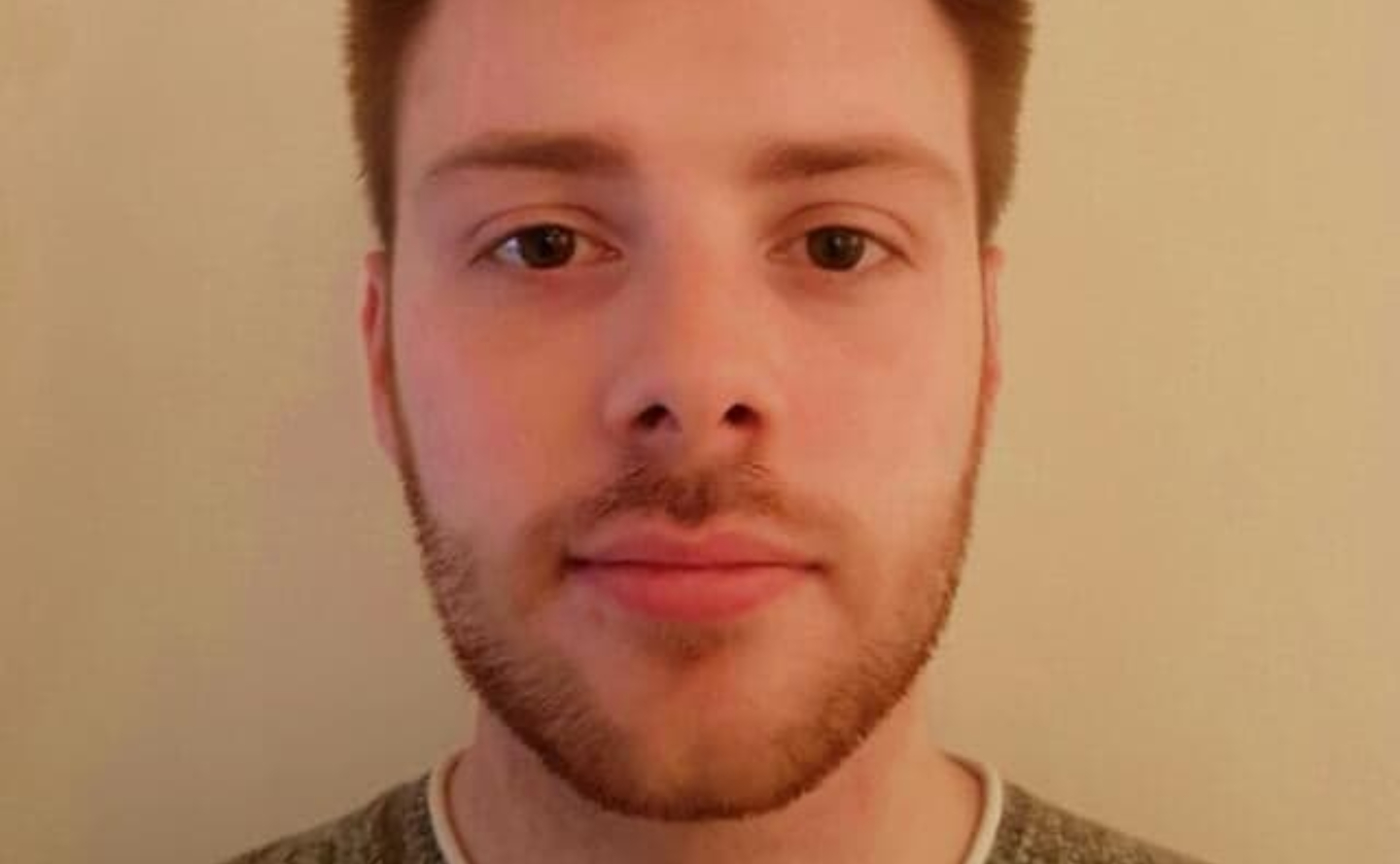
University life and experience
Thomas initially decided to come to the University of Hertfordshire based on our excellent Physics facilities, including Bayfordbury Observatory. While visiting the campus at an Open Day he was impressed with the amount of support available and our ranking in league tables for Physics evidenced in the expertise of our lecturers.
Throughout his time at the University, Thomas felt fully supported. He says, ‘There was never a point where I felt I had to go it alone and help was always on hand if things got tough. Lecturers took the time to meet with me personally if I had questions and the 24/7 LRC had everything I'd need for self-study and exam practice.’
After graduating, he has realised that the challenges he faced throughout his degree have fully prepared him for his working life and future career.
‘My studies helped me prepare for working in busy, dynamic environments by challenging me all the time. Whether it was working on a big project, my dissertation, or preparing for my exams – my experiences encouraged me to take challenges head on.’
While he worked hard throughout his time at university, he is pleased that it paid off. He explains that handing in his final year dissertation and being awarded a first made it all worthwhile.
Future aspirations
Thomas initially did not think that he would be working in online grocery and retail, however, he has found the industry to be challenging, rewarding and fast-growing. He explains that he likes the variety of roles and ‘different areas of aspire to work in.’
